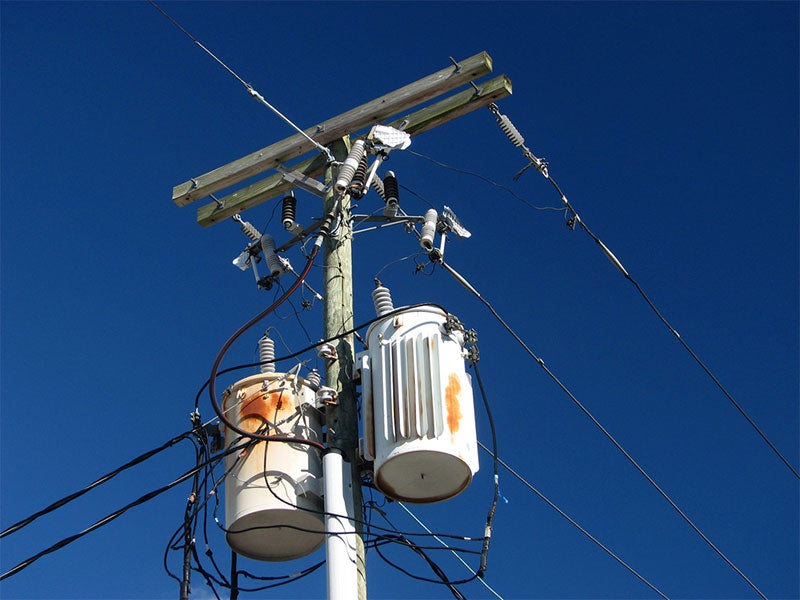Improving Energy Efficiency Standards for Electric Transformers
Earthjustice challenged the energy department for dragging its feet on requiring new, efficient energy transformers. New standards were issued, better in some respects, disappointing in others.
Clients
Regional Office / Program
Case Overview
We’ve all seen them—those gray boxes mounted on telephone poles. Those boxes are electricity distribution transformers, and they serve to reduce the power of electric current from the high voltage used in transmission lines to the lower voltages we use in our homes, offices, and businesses.
Some transformers lose a lot more electricity than others, and all those inefficient transformers add up to a huge amount of wasted energy. According to the Department of Energy, if our utility companies started installing only the most efficient transformers available on the market today, the energy we save would avoid the need to construct 20 large-scale power plants by the year 2038.
However, instead of requiring these more efficient models, the DOE selected weak standards for electricity distribution transformers, ignoring the environmental benefits of going to stronger standards.
Earthjustice challenged the adoption of these standards, and in August 2009, the DOE settled the case, agreeing to review existing efficiency standards and propose changes to maximize future savings three year earlier than otherwise required. The final standards are good in some respects, disappointing in others.
This case is now closed. Learn about recent Earthjustice litigation on energy issues in the Clean Energy focus area.

Case Updates
Case page created on December 11, 2007.